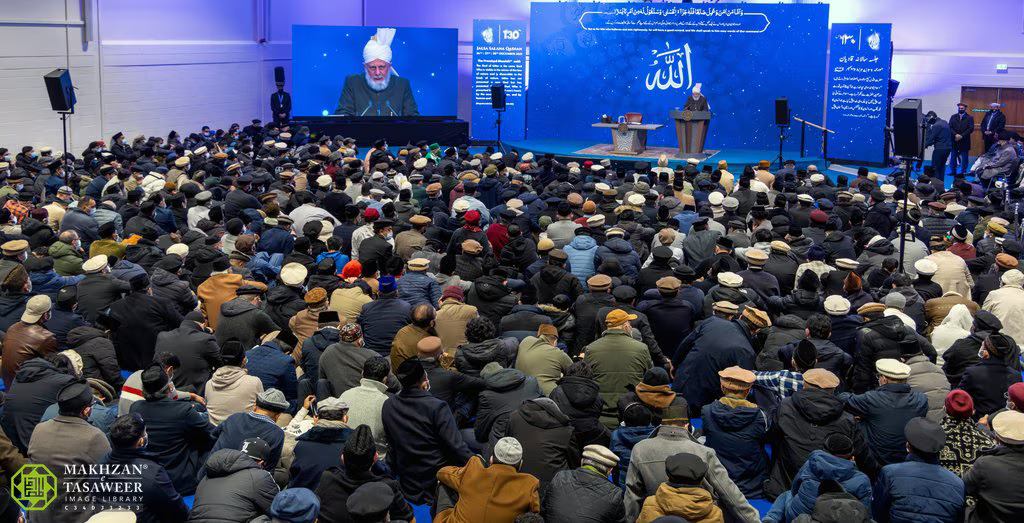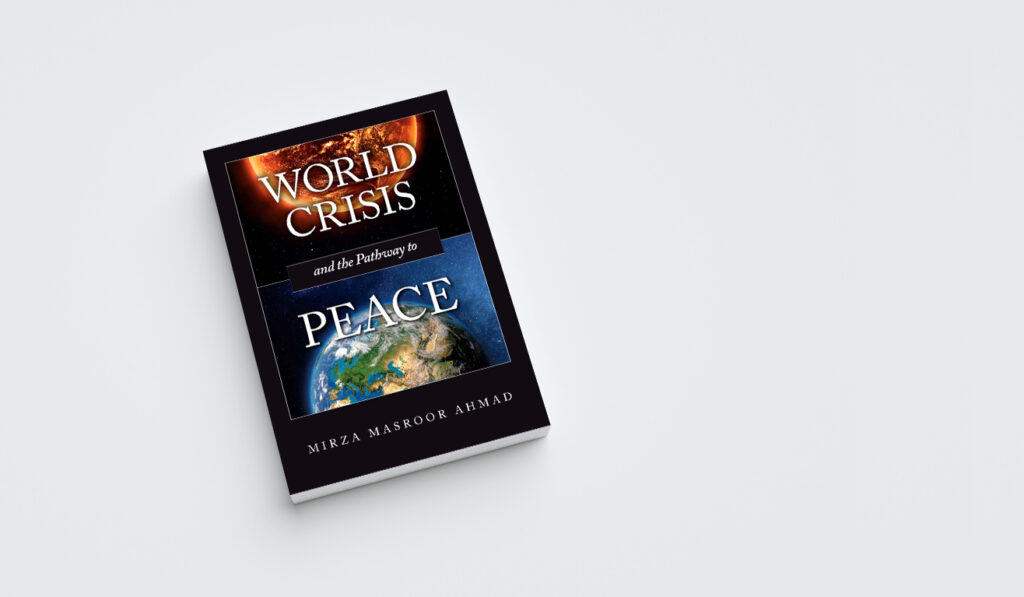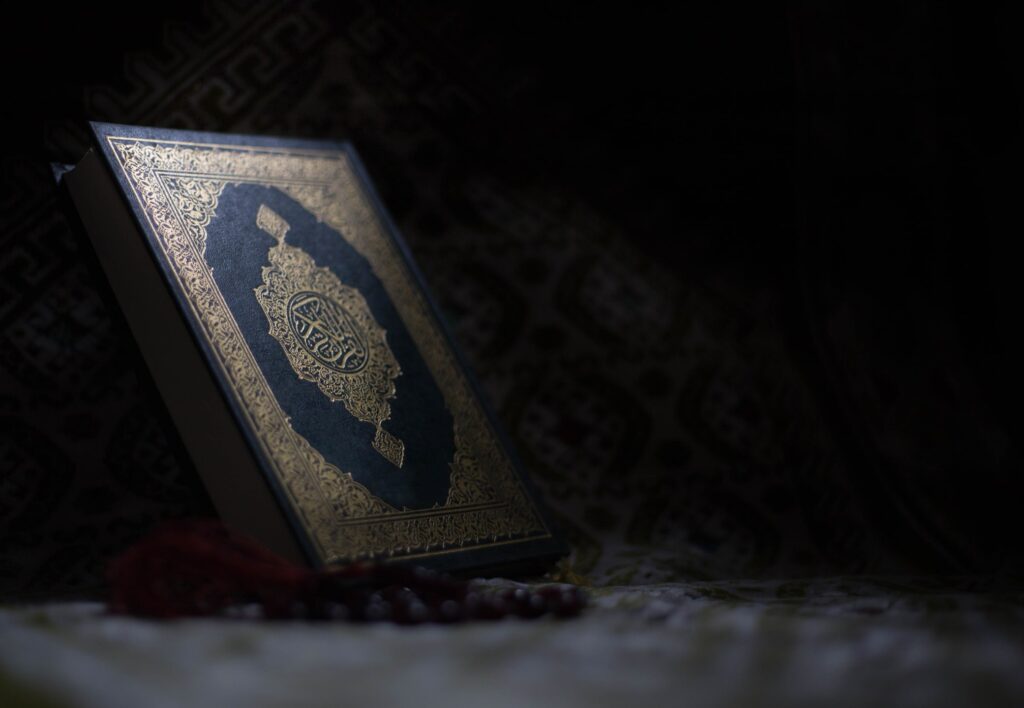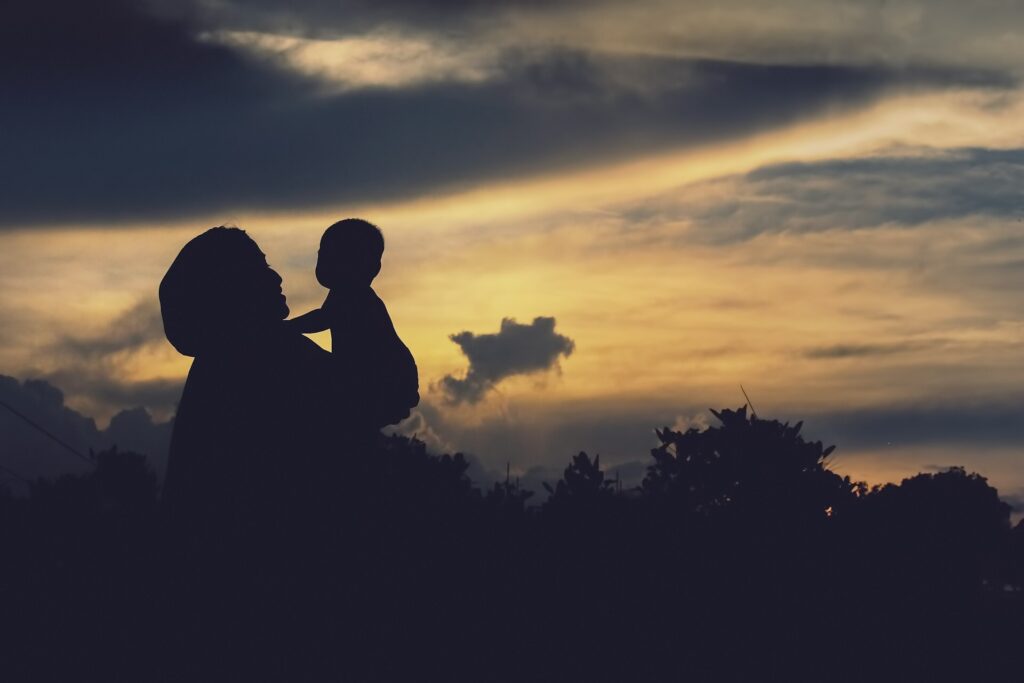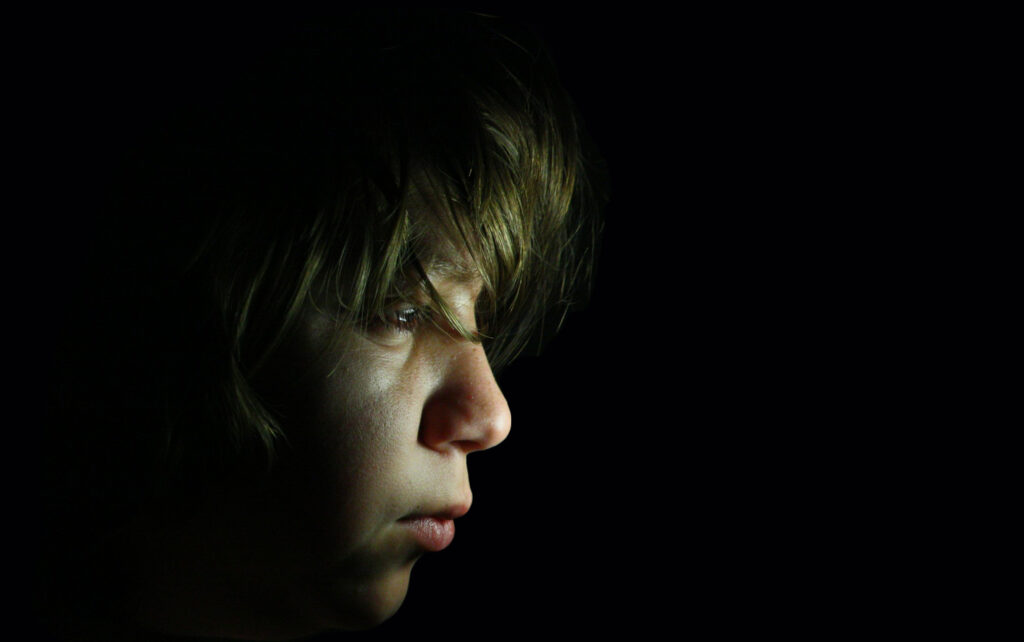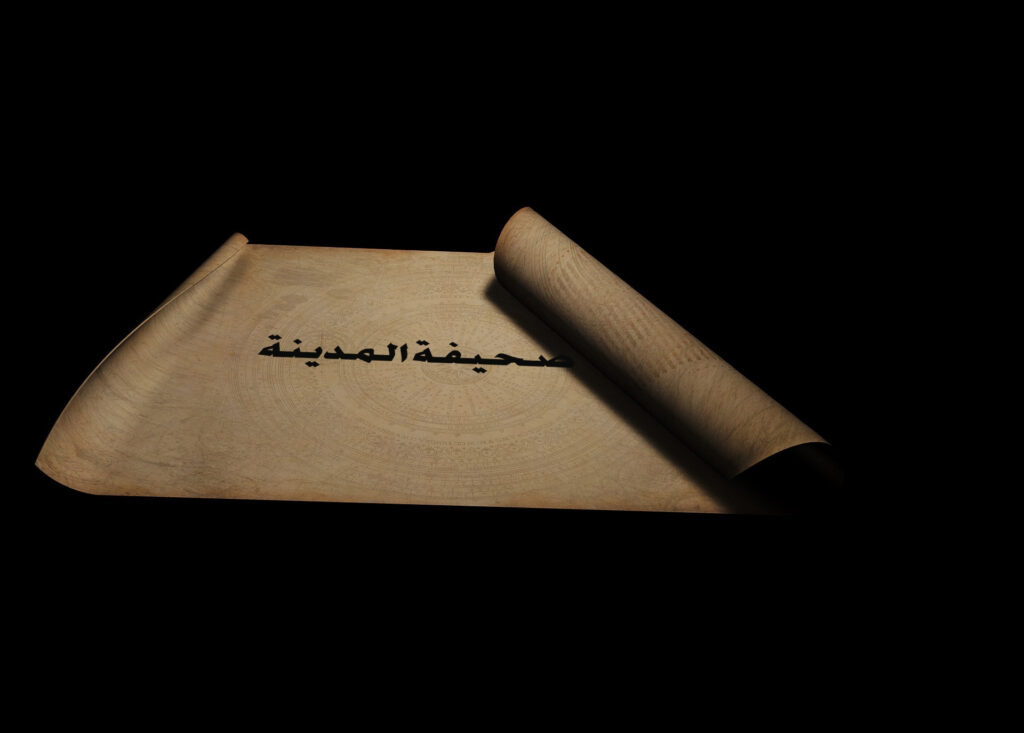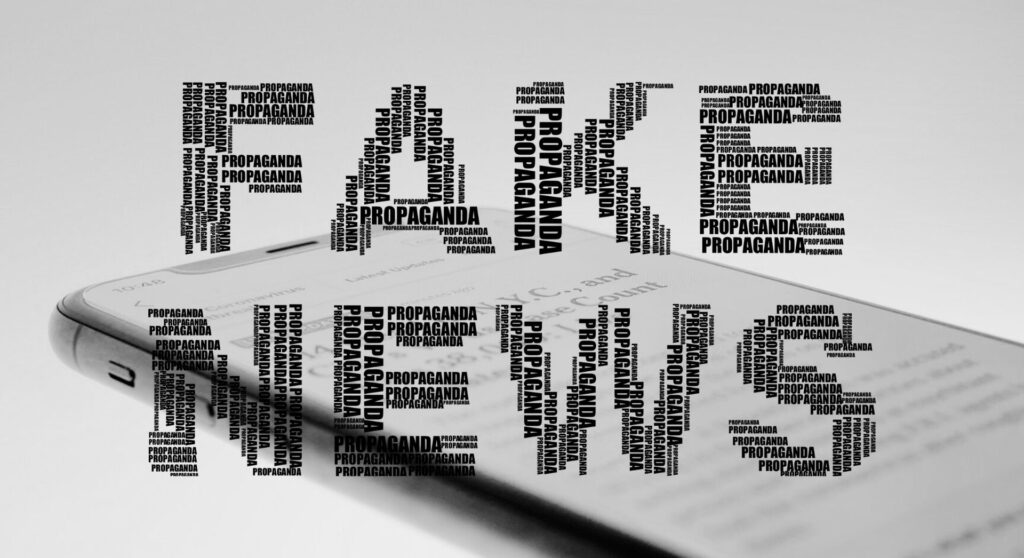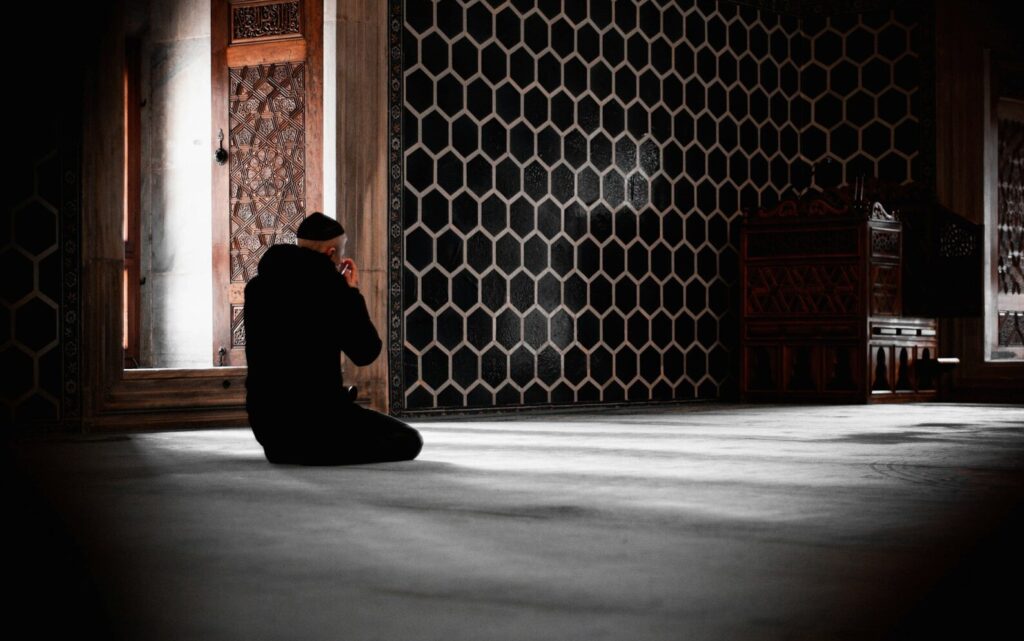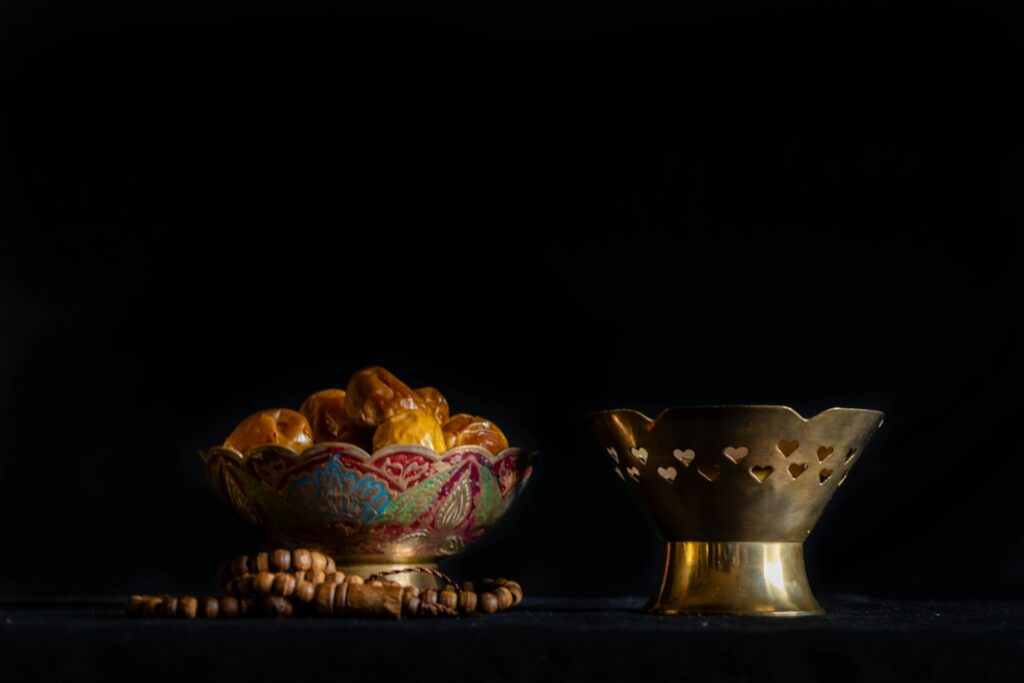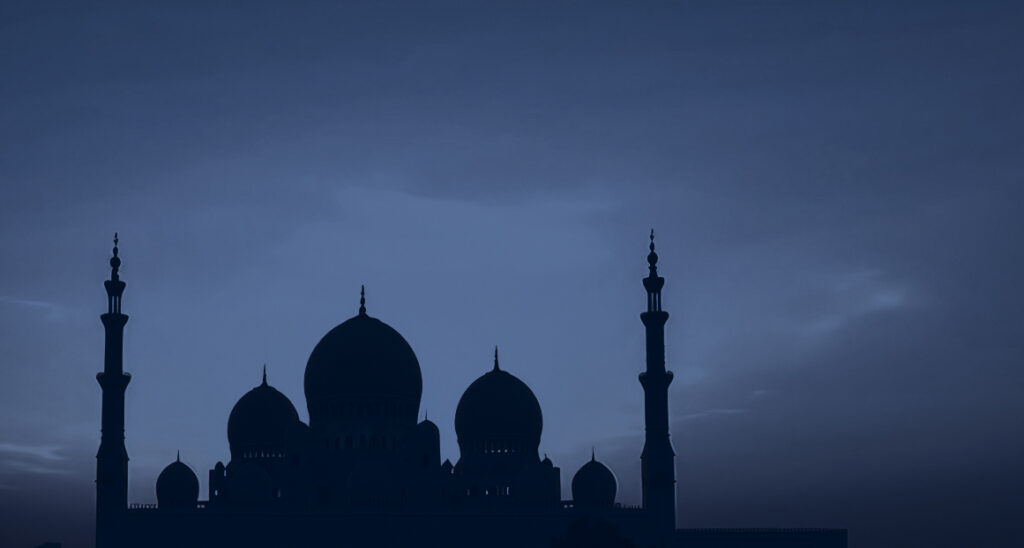ARTICLES
Across history, there have been many attempts to end slavery. Yet, all too often, emancipation came at the cost of human lives or remained confined to paper, lacking a holistic approach and thus falling short of securing true human dignity.
The Ahmadiyya Khalifa addresses the Annual Convention in Qadian, outlining the need to practically fulfil the conditions of the pledge of allegiance to the Promised Messiah(as).
Does the Quran truly foretell universal truths? Or does it merely echo scientific discoveries? Recent advances in cosmology show that the Quran describes many phenomena centuries ahead of its time, guiding the odyssey of human knowledge.
From keys to phones to wealth and fame, human beings always tend to search for things in the wrong places—peace being no exception. Often, one simply forgets that true contentment can come only from the One who created it.
In a world where modern efforts often fail to resolve conflicts, the Treaty of Hudaybiya, concluded fourteen centuries ago, offers timeless lessons in diplomacy, patience, and principled leadership.
Success comes from steadiness—through daily effort, heartfelt prayer, and leaving the rest to Allah, trusting His wisdom in every step.
While a declined handshake is often viewed as a breach of etiquette, differing religious and cultural boundaries highlight how complex the interaction between faith, personal choices, and social norms can be.
History remembers those who recognise truth before the world does. This is the story of two hearts—separated in time—whose acceptance of truth became eternal symbols of faith and certainty.
Real progress comes through balance—limiting screen-time, focusing on learning, and safeguarding one’s moral and intellectual growth.
In a world teetering on the edge of conflict, readers from different walks of life share their reflections on the Ahmadiyya Khalifa’s book ‘World Crisis and the Pathway to Peace’, a powerful call for justice, compassion, and lasting harmony.
As the consequences of his action became apparent, Adam realised his mistake and sought to compensate for it. He began to counter Satan’s deception and restore order within his community.
Mothers are not only central to the home, but also to the moral and spiritual foundation of society. This Mother’s Day, let’s honour their vital role in nurturing the next generation.
School bullying is a serious issue with potentially devastating consequences. The Ahmadiyya Khalifa highlights the crucial role of parents in building their children’s confidence and taking practical steps to tackle the problem.
Are extremists truly driven by faith? Or are they merely using it as a guise to further their own interests? What does Islam teach about peace and violence?
Far ahead of its time, the Covenant of Medina introduced practical methods for fostering pluralism among the diverse peoples under its jurisdiction—a key foundation for building a society based on freedom and mutual trust.
Throughout its history, Earth encountered many paradoxical challenges that threatened its journey towards life. On this Earth Day, let us explore some of the intricate factors that make Earth the only home to life we know.
The importance of discerning truth from falsehood cannot be overstated in today’s world of widespread disinformation. On this International Fact-Checking Day, let us reflect on the Islamic framework for verifying information and upholding truth.
True Eid is the day a person sincerely repents and turns to God. The Ahmadiyya Khalifa highlights that the real essence of Eid lies in upholding the spirit of repentance and righteousness cultivated during Ramadan.
As this year’s Ramadan draws to a close, we should seek to carry its blessings forward throughout the year. As we bid farewell to this blessed month, let us not bid farewell to the spirit it ignited within us.
Whenever the world plunges into the abyss of darkness and the night appears endless, a night of divine decree manifests, reminding of a radiant dawn that is about to follow.


